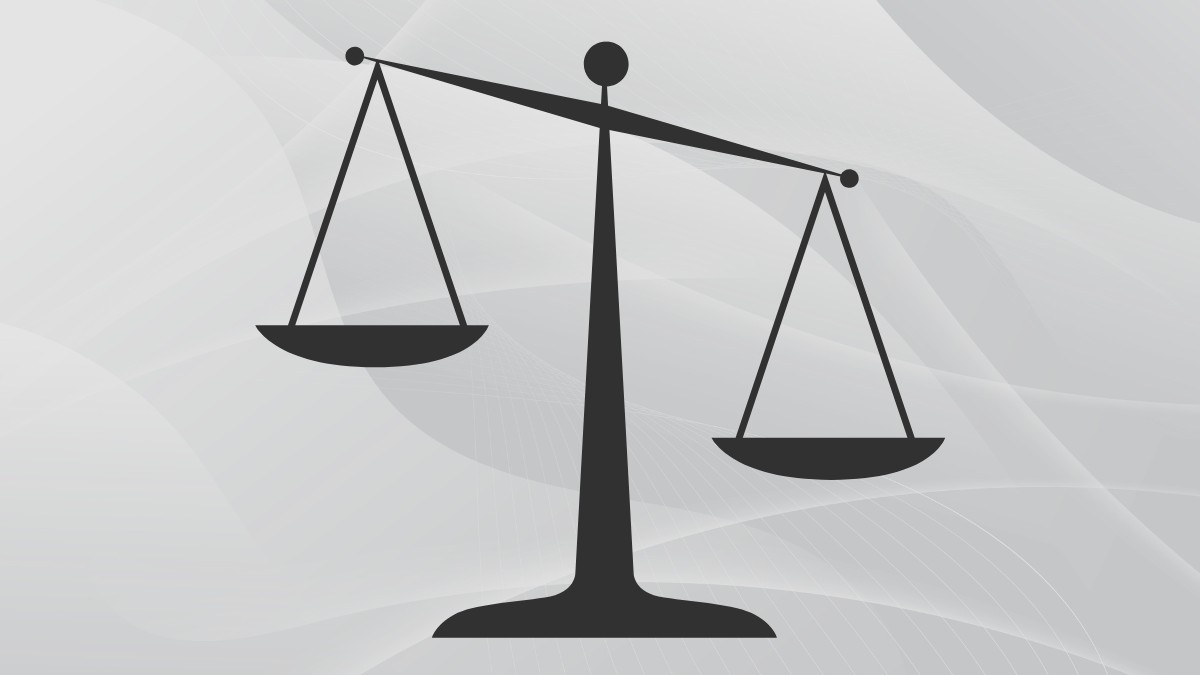
Social Connectedness Scale
How connected are you to those around you? Take this test to find out.

By Mark Travers, Ph.D. | December 26, 2024
Social connectedness is a vital aspect of well-being that reflects our sense of belonging and connection to others. It goes beyond mere interaction, including the emotional bonds we share with those around us and the comfort we get from meaningful relationships.
A strong sense of social connectedness is linked to numerous psychological and physical benefits, including reduced stress, improved mental health and a greater sense of purpose and fulfillment. Feeling connected to others fosters a positive outlook on life, which creates a strong foundation for resilience and overall happiness.
The Social Connectedness Scale was designed to scientifically assess individuals' feelings of closeness and connection to their social networks. It measures the degree to which people feel a sense of belonging and emotional support in their relationships. The scale provides valuable insights into how connected you feel to the world around you.
You can take this test here. Follow all of the steps to receive your results.
Step 1: Rate the following statements based on how much you agree with them on a scale of strongly disagree to strongly agree.
References: Lee, R. M., Draper, M., & Lee, S. (2001). Social connectedness, dysfunctional interpersonal behaviors, and psychological distress: Testing a mediator model. Journal of Counselling Psychology, 48(3), 310-318.
